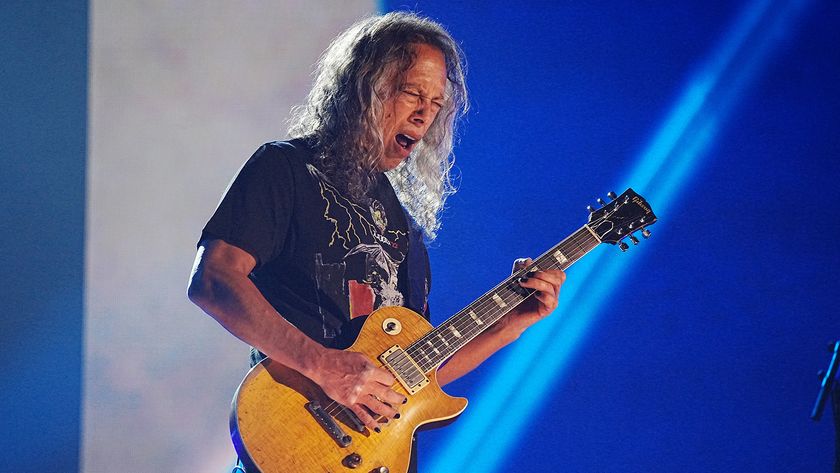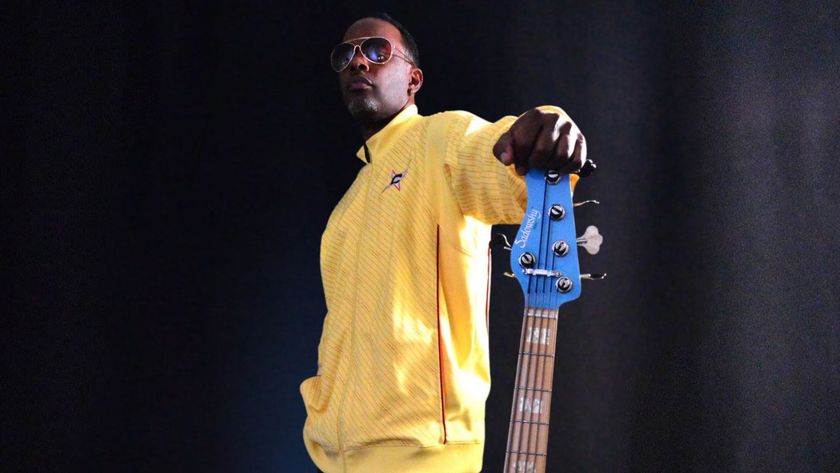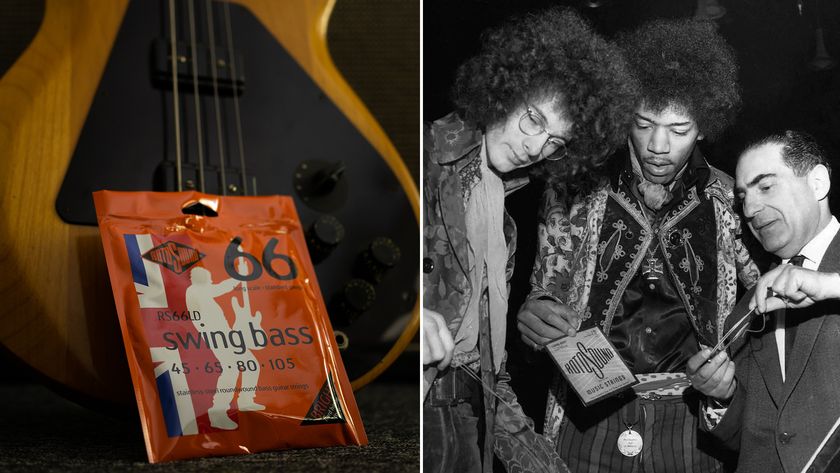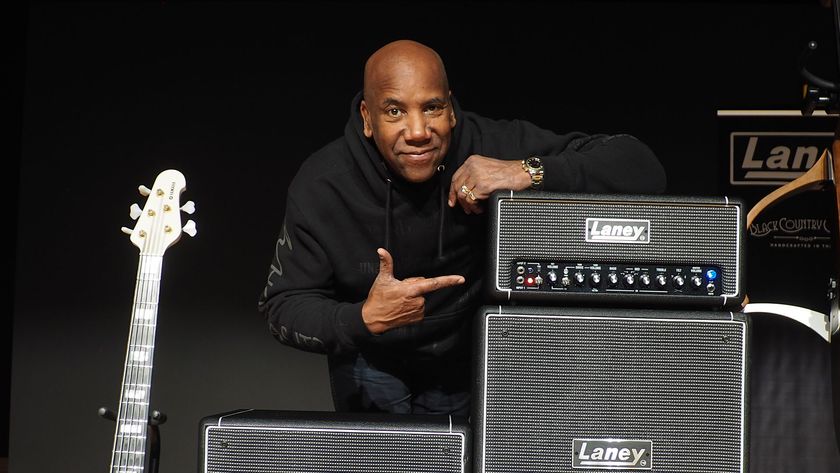Hear Stevie Ray Vaughan’s Isolated Guitar from “Pride and Joy”
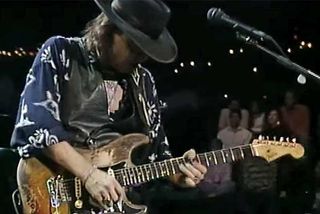
Stevie Ray Vaughan’s rhythm playing was as strong as his lead work, a fact that is evident on “Pride and Joy,” the first single from Texas Flood, his 1983 debut album with Double Trouble.
“Pride and Joy” is a classic Texas shuffle written in a 12-bar blues arrangement. Vaughan performs the song in E with his guitar tuned a half step lower to sound in the key of E flat.
Throughout the song, he alternates between muted chord chops and full ringing chords that he fingers to allow the maximum number of open strings. The dynamic variation is key to the strong rhythmic foundation and overall excitement.
The song had been in Vaughan and Double Trouble’s repertoire for a while prior to be recorded. According to Double Trouble drummer Chris Layton, Vaughan wrote the song for a former girlfriend at the start of their relationship; he later composed “I’m Cryin’” after they had a fight.
“Pride and Joy” reached Number 20 on Billboard’s Mainstream Rock chart and helped bring a lot of well-deserved attention to the young guitarist.
Have a listen to the isolated guitar track below, and hear for yourself what made SRV such a unique and inspiring guitarist.
Get The Pick Newsletter
All the latest guitar news, interviews, lessons, reviews, deals and more, direct to your inbox!
Christopher Scapelliti is editor-in-chief of Guitar Player magazine, the world’s longest-running guitar magazine, founded in 1967. In his extensive career, he has authored in-depth interviews with such guitarists as Pete Townshend, Slash, Billy Corgan, Jack White, Elvis Costello and Todd Rundgren, and audio professionals including Beatles engineers Geoff Emerick and Ken Scott. He is the co-author of Guitar Aficionado: The Collections: The Most Famous, Rare, and Valuable Guitars in the World, a founding editor of Guitar Aficionado magazine, and a former editor with Guitar World, Guitar for the Practicing Musician and Maximum Guitar. Apart from guitars, he maintains a collection of more than 30 vintage analog synthesizers.
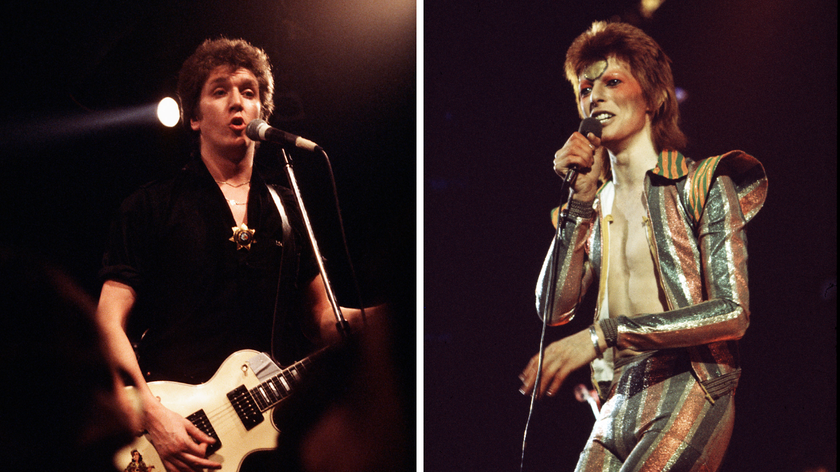
“I nicked some cymbals, the bass player’s amp head and some microphones. I got Bowie’s microphone with his lipstick on it!” On July 3, 1973, David Bowie retired Ziggy Stardust – that same day, Steve Jones stole his equipment
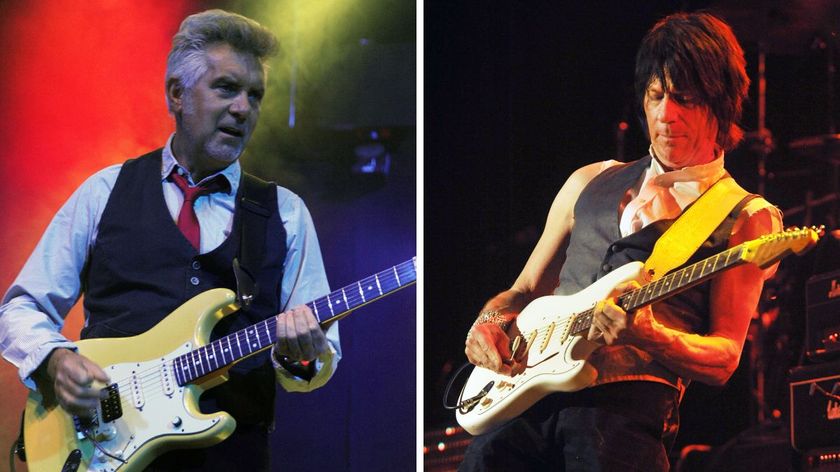
“Jeff was playing through his dodgy Marshall and didn’t like the sound. He said, ‘We’ll do it again, later on…’” Mick Rogers may be in possession of Jeff Beck’s last-ever studio recording

